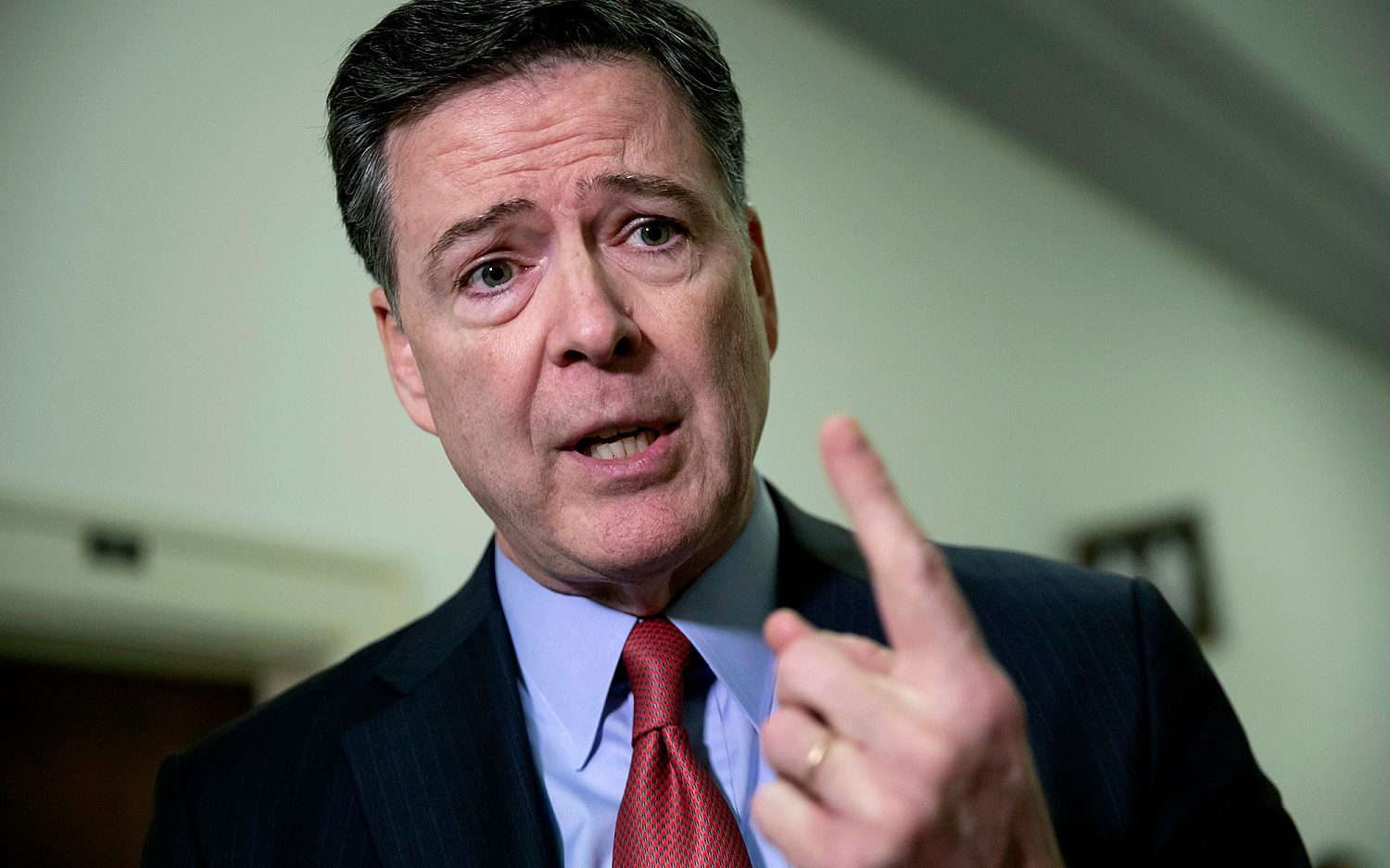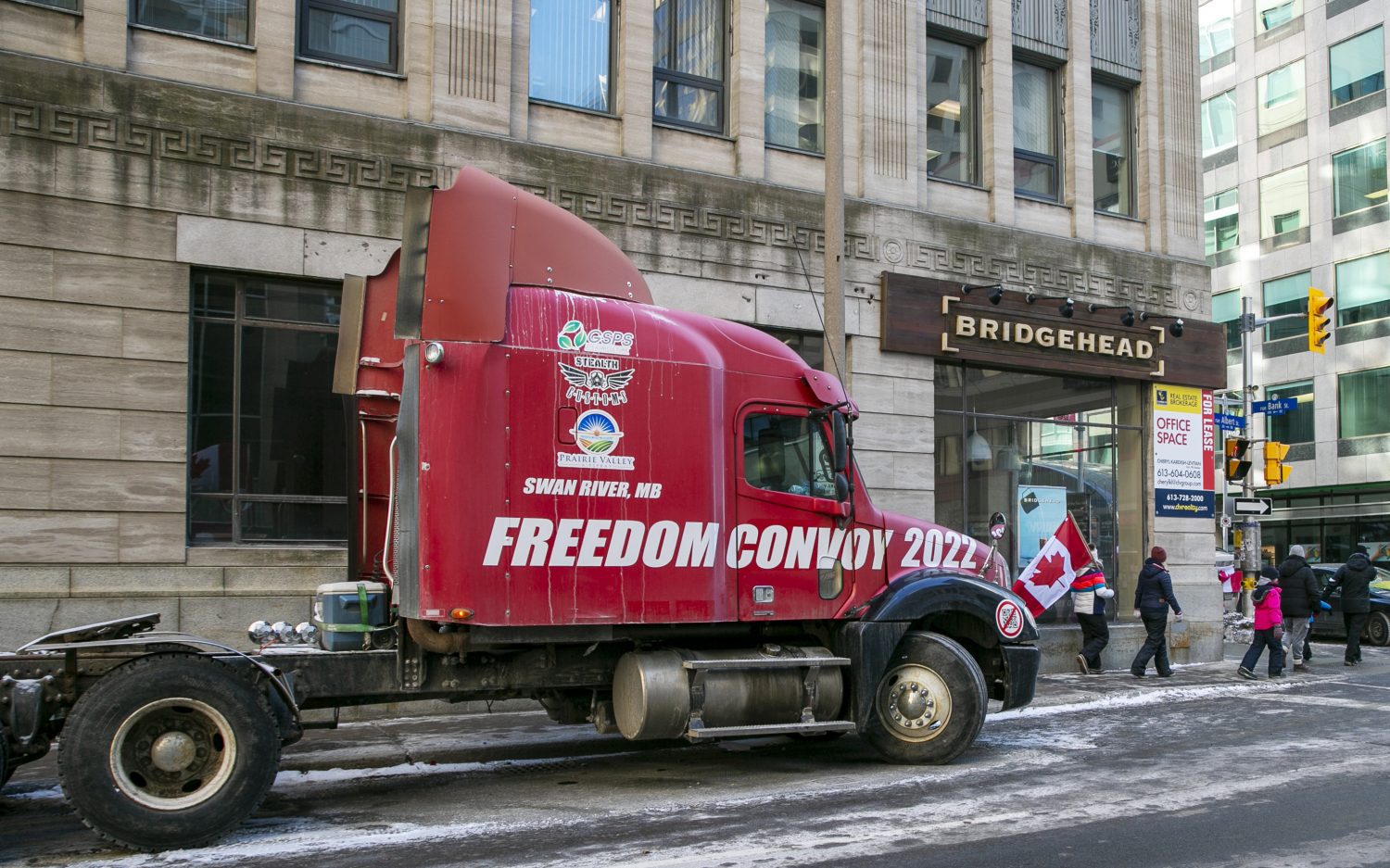'Freedom of access'
Pastors and City Council members work to overturn New York's ban of religious services in public schools
NEW YORK-Last Thursday in New York City was unusually cold, but that didn't stop more than 100 pastors, church members, and legislators from gathering on the steps of City Hall. The demonstrators-many black, Hispanic, and Asian-American-did not get a crumb's worth of coverage in comparison to that received by Occupy Wall Street, but their mission has national implications that are at least as equally significant.
The problem: Many groups rent New York public school rooms for evening or weekend use, but the city now bans their use for religious services. Courts have declared the ban legal, and the U.S. Supreme Court on Dec. 5 refused to hear an appeal (see "'Denied,'" by Emily Belz, Dec. 5). The demonstrators want the New York City Council to overturn the ban, so they gathered at City Hall shortly before noon, hurrying past the security checkpoint with smiles and coffee, anxious to hug fellow church members or shake hands with City Councilman Fernando Cabrera.
Cabrera is also a Bronx pastor and the leader of the attempt to overturn this discrimination against religion. After a prayer, Cabrera and others spoke about the problem: Some 60 churches currently rent space in New York City public schools for services, and, if the ban remains, all of them will have to find another space by Feb. 12. Behind Cabrera stood church members from all five city boroughs, some carrying signs that read: "Don't make my church homeless" and "Freedom of access."
Cabrera's bill would prevent school districts from excluding groups from meeting on school property because their viewpoints include religious content. Several Council members spoke at the rally, insisting that, in a city oriented toward diversity, religious groups should not be systematically excluded. Some speakers raised economic concerns: Why would the city enforce such a ban when the schools need the money from rent-paying religious groups? Others spoke of running after-school programs for youth in their communities and helping the poor and homeless.
Sal Sabino, who pastors Heavenly Vision Christian Center in the Bronx and Manhattan, spoke of programs that challenge the forces of drugs and gangs. Maximo Guzman, who left gang activities 13 years ago and now works alongside Sabino, said, "I was a gang leader in Washington Heights. The church came to my house and spoke to me about God. … I came to church. … Now I'm not a gang leader anymore."
Meanwhile, churches and religious groups all over the city are scurrying to find, if necessary, alternative locations in a city where rental space comes at a premium. New York City Council members will have to decide whether school property can be used for all kinds of purposes except one: religious.
An actual newsletter worth subscribing to instead of just a collection of links. —Adam
Sign up to receive The Sift email newsletter each weekday morning for the latest headlines from WORLD’s breaking news team.




Please wait while we load the latest comments...
Comments
Please register, subscribe, or log in to comment on this article.